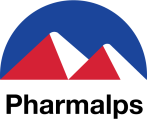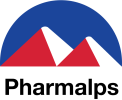Our Partner Urology Clinic in Bursa
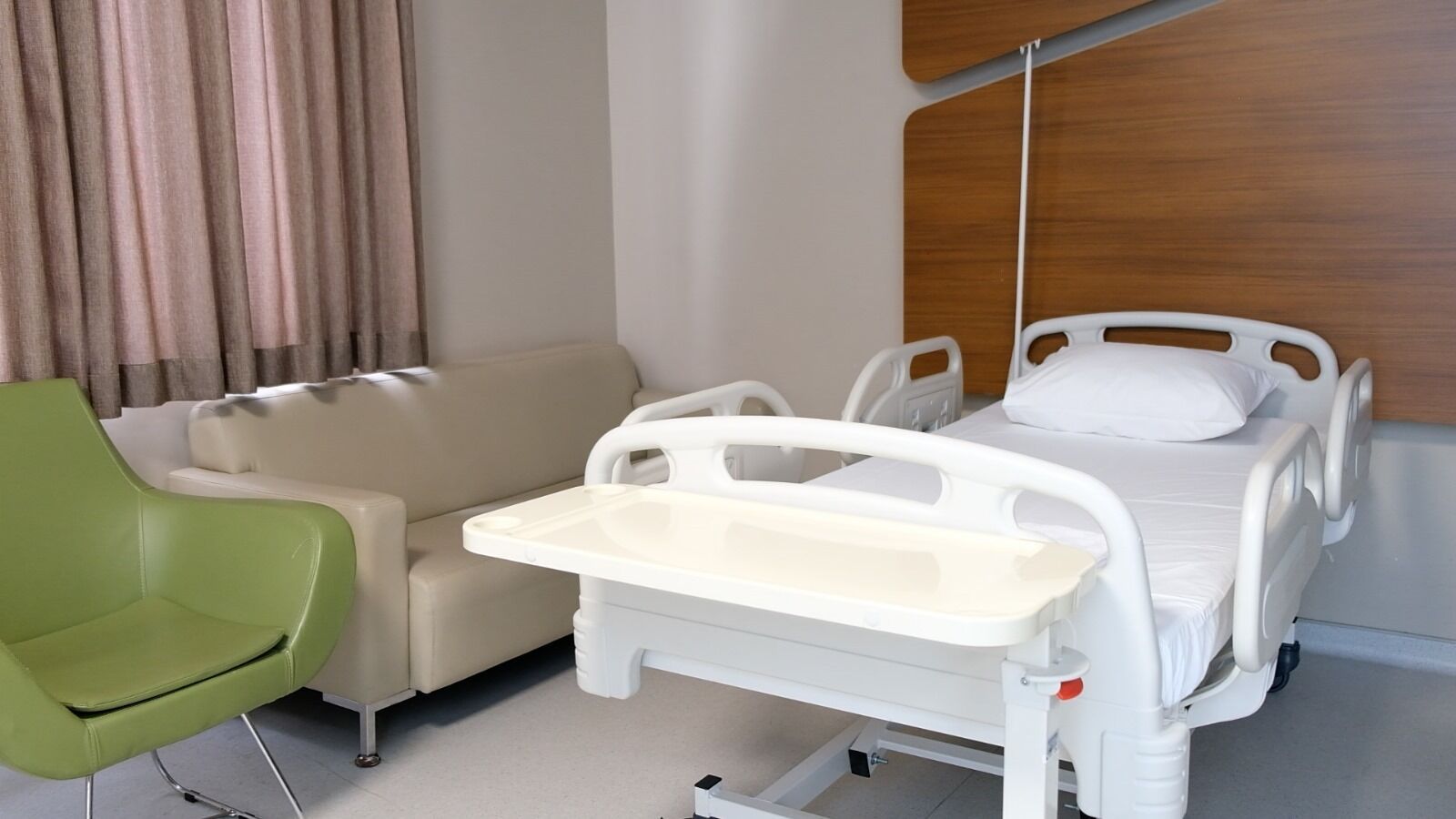
The Urology Department at Pharmalps’ partner clinic in Bursa provides examination, diagnostic, and treatment services using the most current methods for both adult and paediatric patients. The Urology Clinic is a key medical facility dealing with diseases of the kidneys, ureters (the urinary channels between the kidneys and the bladder), bladder, urethra (the channel through which urine exits the bladder), prostate, and penis (in men) across all age groups and genders. Additionally, the diagnosis and surgical treatment of male reproductive and sexual diseases are also managed by the Urology Department. These diseases, diagnosed by our partners specialist physicians, are treated successfully with the most appropriate surgical methods.
The Urology Department has sub-specialties in andrology, functional urology, endourology, uro-oncology, and paediatric urology. All diagnostic and treatment methods for these sub-specialties are implemented using the latest approaches at our partner hospital. As with many other branches, nearly all surgical interventions in the field of urology are now performed using minimally invasive (laparoscopic, endoscopic) surgery. Urology has become the branch where minimally invasive surgeries are most widely used. Our partner hospitals have highly experienced specialist physicians in all urological sub-specialties. Some of the urological procedures performed at our partner hospitals are listed below:
Kidney and urinary tract stones (URS, RIRS, PNL)
All endoscopic methods used in the treatment of kidney and urinary tract stones are applied in our partner hospitals.
Ureterorenoscopy (URS): This method is preferred for stones located in the ureter (the channel between the kidney and bladder). Semi-rigid devices with cameras, about 3mm thick and 60cm long, are inserted through the urethra (the channel through which urine exits) into the bladder and then into the channel where the stone is located. The stones are fragmented into small pieces using stone-breaking tools (laser or pneumatic) passed through the URS device. These fragments are expected to be expelled naturally by the patient. Sometimes, a catheter (wire or stent) is placed in the channel where the stone was broken at the end of the surgery, which is removed about a month later.
Flexible Ureterorenoscopy (f-URS) (RIRS): This method uses flexible versions of URS devices. It is often used to treat stones in the kidney and stones that have recently fallen into the ureter from the kidney.
Percutaneous Nephrolithotomy (PNL): This is the most commonly used method for closed surgery of kidney stones. A tunnel about 1cm wide is created from the patient’s back into the kidney. Through this tunnel, camera-equipped instruments are used to visualise and remove the stones, either whole or fragmented. Unlike the URS method, stones are removed during the surgery. Recently, due to technological advancements, PNL can be performed through even smaller tunnels.
Paediatric Kidney Stone Surgery (Ultra-Mini PLN)
While standard PNL surgery for adults is performed through a 1cm-wide tunnel, ultra-mini PNL surgery for children can be done through a 0.4cm-wide tunnel. As the tunnel diameter decreases, the likelihood of complications such as bleeding is significantly reduced. Additionally, the recovery period after surgery is very short. We prefer the ultra-mini PNL method, especially for children under 14 years of age. This surgery, which is performed in a limited number of centres in Turkey, is carried out in the urology clinic of our partner hospital.
Kidney Cancer
The treatment of kidney tumours varies depending on the stage of the tumour, the patient’s age, general health, and anatomical structure. The standard treatment for kidney tumours is “Radical Nephrectomy,” where the kidney and surrounding fatty tissue are removed. For tumours smaller than 4 cm, if the location is suitable, “partial nephrectomy” can be performed, removing only the tumorous area and preserving the rest of the kidney. Both surgical methods can be performed using open or laparoscopic (minimally invasive) techniques. Laparoscopic surgery is preferred worldwide due to its faster recovery compared to open surgery. Both laparoscopic radical nephrectomy and laparoscopic partial nephrectomy are performed in our partner hospitals.
Bladder Cancer
The most common symptom is painless blood clots in the urine. Less commonly, difficulty urinating and burning sensations may occur. Individuals who smoke and those working in the paint industry are at high risk, with men being more affected than women. An endoscopic evaluation of the bladder with a camera is necessary. During this evaluation, suspicious areas or tumour formations are biopsied using TUR-MT (transurethral resection of the bladder) for pathological evaluation. Follow-up and treatment are based on the pathology results. Depending on the results, treatments may include intravesical drug administration, radical cystectomy (complete removal of the bladder), or chemo-radiotherapy, planned in collaboration with medical oncology and radiation oncology physicians.
Prostate Surgeries
All diagnostic tests (PSA, uroflowmetry, etc.) for prostate diseases, which often begin to appear in men after age 50, are available in our partner hospitals. For patients suspected of having a tumour, a prostate biopsy is performed under anaesthesia. For patients without tumour suspicion, TUR (prostatectomy) (removal of the prostate through the urinary channel) is performed. For patients diagnosed with cancer, depending on the clinical situation, laparoscopic or open-radial prostatectomy is performed.
Holep (Laser) Method for Prostate Surgery:
Holep has become increasingly popular in America and Europe in recent years and has become the “Gold Standard” for prostate enlargement surgery due to its advantages.
How is Holep Prostate Enlargement Surgery Performed?
Holep prostate enlargement surgery is performed under spinal anaesthesia (numbing below the waist). Unlike traditional closed surgery, where the prostate is removed piece by piece, in the Holep method, the prostate tissue is enucleated (peeled off) from its location, ensuring minimal remaining prostate tissue.
Advantages of the Holep Method:
- Closed surgery is possible even for large prostates that would otherwise require open surgery.
- Less bleeding compared to traditional closed prostate surgery.
- Faster recovery and a return to normal life.
- Lower likelihood of prostate enlargement recurrence post-surgery.
- A pathological diagnosis can be made from tissue, unlike other laser surgeries like Greenlight.
- Greater reduction in PSA levels post-surgery.
- Safer for patients on blood thinners compared to other methods.
Sexual Problems and Infertility:
Examinations, tests, and treatments for erectile dysfunction (difficulty achieving or maintaining an erection) and ejaculation problems in men, as well as male infertility (male-related infertility), are carried out in our partner hospital. High success rates are achieved with the microsurgical method we use to treat varicocele, a significant cause of male infertility.
Urinary incontinence problems and treatment (incontinence):
This is an uncontrolled inability to hold urine, which can significantly impact daily life. Nearly half of all women experience urinary incontinence at some point in their lives. Regardless of age, this issue is treatable. Recently developed drug treatment protocols have significantly advanced the non-surgical treatment of these patients. If necessary, urodynamic studies, pressure-flow studies, and Botox applications to the bladder are performed. Sling surgeries for the bladder and urethra are also performed in our partner hospital.
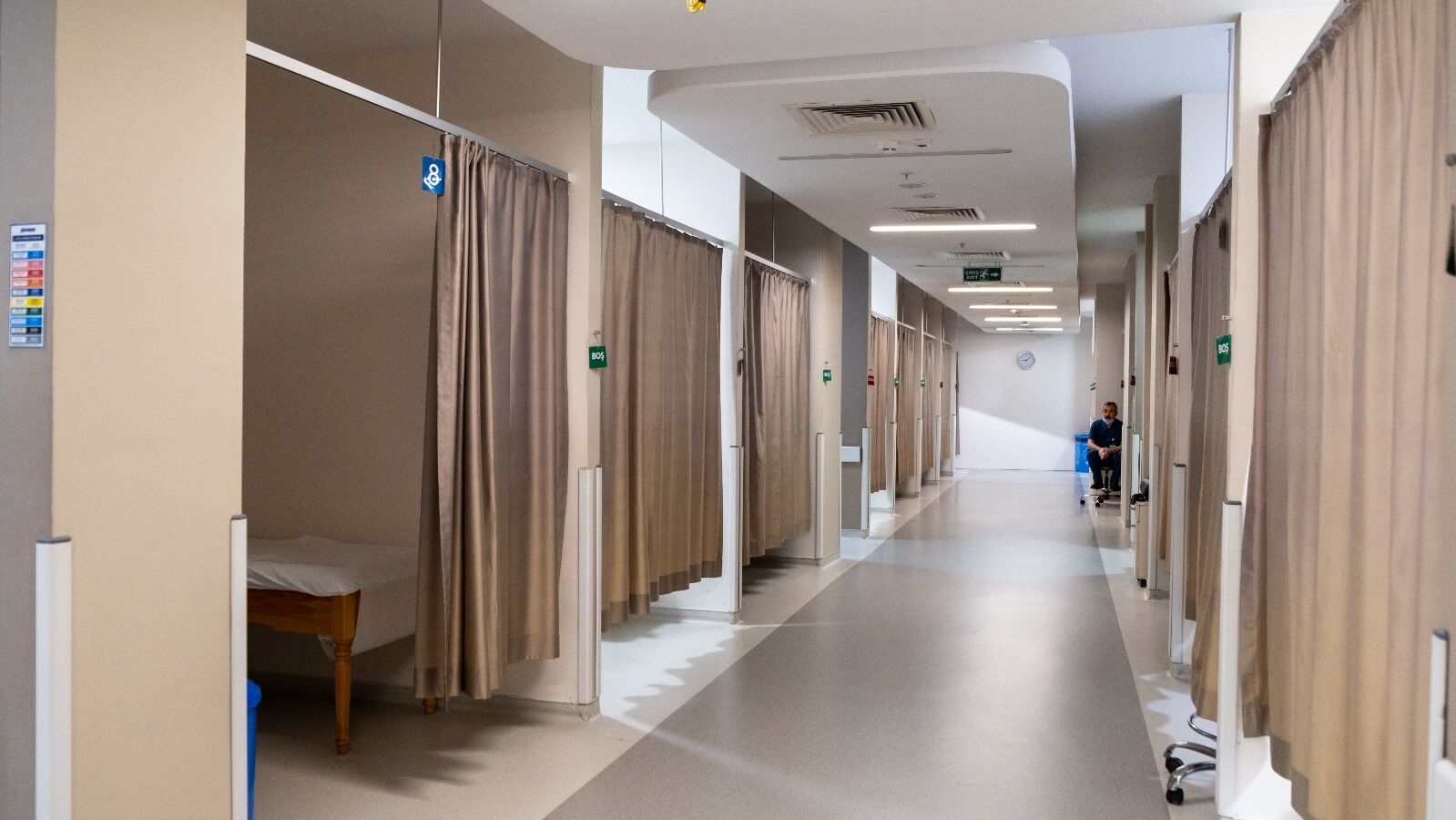
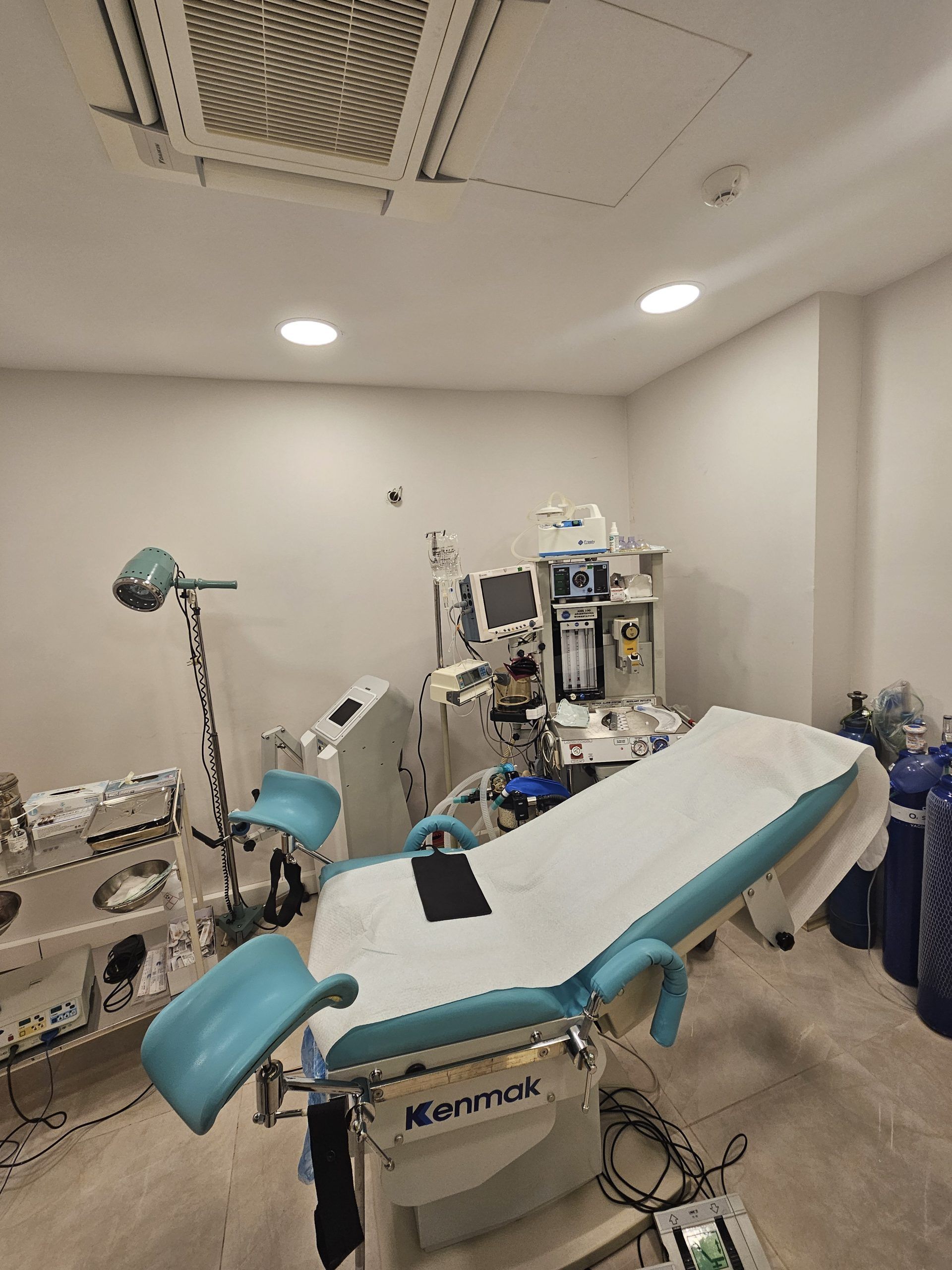
If you have any questions or inquiries feel free to contact us.
*Pharmalps is not a clinic*
**Pharmalps offers consultancy services for health tourism**
***Pharmalps represent clinics around the world***
